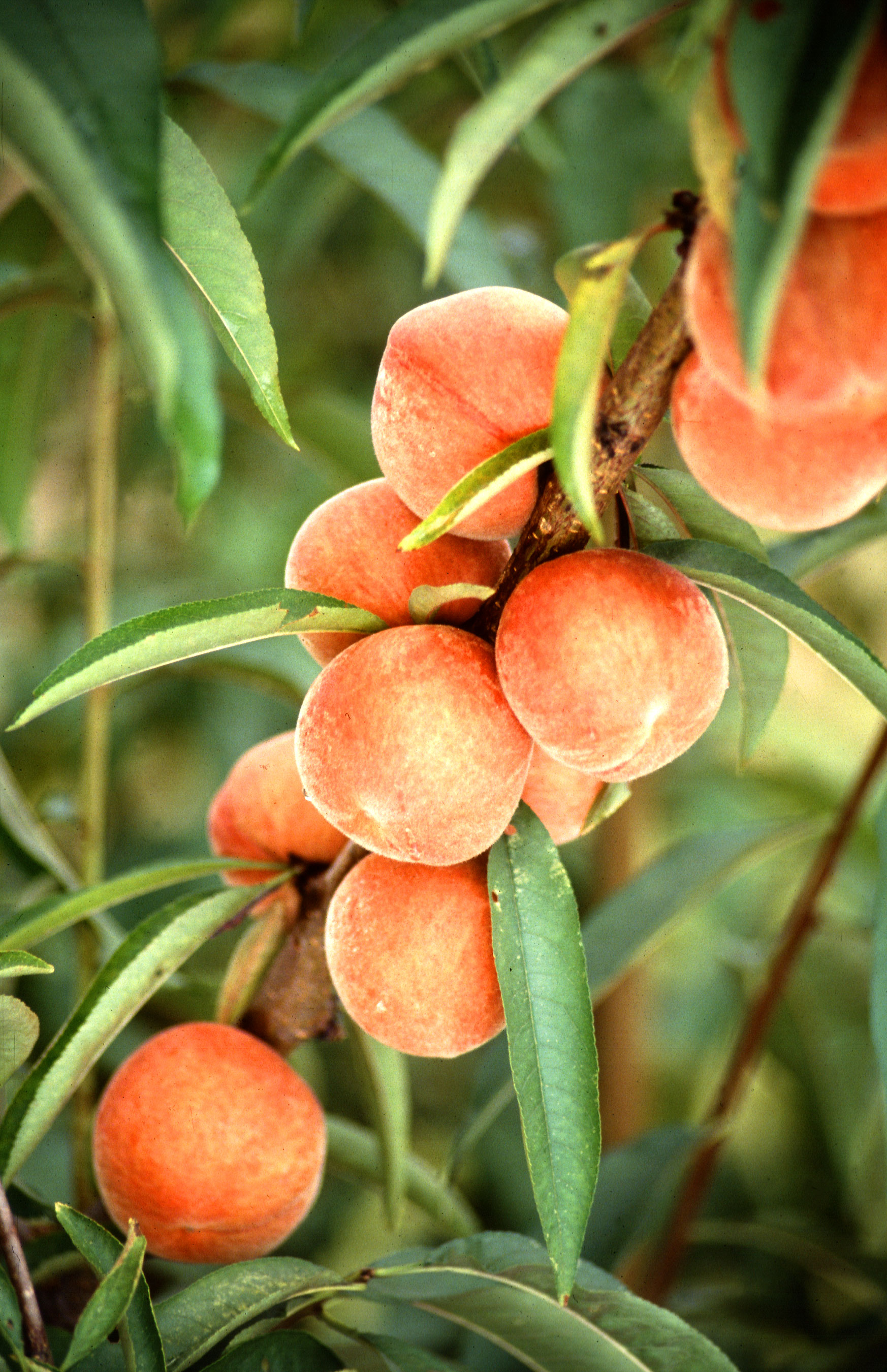According to recent research, rapidly growing trees such as poplars and willows are perfect candidates for use in the development of biofuels. High energy content fuels can by efficiently extracted from these types of trees. In order to further study this, scientists turned to similar plants that they are familiar with: peach trees. In botany, all of these plants are part of the rosid superfamily, which also contains plants such as apple trees, strawberries, and roses.
 Jeremy Schmutz, head of the Plant Program at the U.S. Department of Energy Joint Genome Institute, explains that the the relationship between peach and poplar trees can be clearly seen in their DNA sequence. Schmutz and several colleagues were part of the International Peach Genome Initiative (IPGI). They published the 265-million base genome of one type of peach in Nature Genetics.
Jeremy Schmutz, head of the Plant Program at the U.S. Department of Energy Joint Genome Institute, explains that the the relationship between peach and poplar trees can be clearly seen in their DNA sequence. Schmutz and several colleagues were part of the International Peach Genome Initiative (IPGI). They published the 265-million base genome of one type of peach in Nature Genetics.
By comparing the genes of various species, biologists can not only improve the cultivation of peach hybrids, but also gain deeper understanding of the basic biology of trees.
In theory, one gene dubbed the “evergreen” locus can extend the growing season and increase the accumulation of biomass in poplar. Another comparison was made to unravel the metabolic pathways that lead to dissolving the molecular “glue” that holds plant cells together.
This could lead to the discovery of ways to overcome the barriers to converting biomass into fuels.
Photo in Public Domain (Source: Wikimedia Commons)
NOS Themes:
- Science is collaborative - This article described the efforts of not only Jeremy Schmutz, but also the entire Plant Program at the U.S. Department of Energy Joint Genome Institute. They published their findings in a scientific journal in the hopes of aiding other scientists on their endeavors to research further. In addition, the article mentioned the 2007 Plant and Animal Genome XI Conference, where biologists conferred with each other about their findings and new advances in the field. Lastly, the IPGI was funded not only by the U.S. Department of Energy Office of Science, but also the U.S. Department of Agriculture and the Italian government. Contributions to the project were made from institutes in Chile, Spain, and France.
- Science is based on evidence - The genome was recorded with the specific intent for it to become evidence in other projects that could help advance the scientific community.
Further Reading:
Wow, nice job Beth! Very interesting! Another interesting point for further research might be how scientists are changing the process of burning biofuels to make it more efficient:
ReplyDeletehttp://energy.gov/articles/innovations-making-biofuels-more-efficient
That's awesome :O I love peaches. The picture is really pretty and it's making me hungry right now.
ReplyDeleteIt's interesting to see what scientists can do with DNA technology. It speeds up scientific discoveries and gives us extremely in-depth evidence of discoveries. In my article,
http://www.sciencedaily.com/releases/2013/03/130325160524.htm
the scientists were able to study the predator-prey relationships of insects much faster. DNA is pretty awesome.
(PS Bethy I totally knew this was yours before I read it or looked at the author. I'm pretty smart. I was like, giant wall of intelligent sounding text...that's gotta be bethy's!) No seriously though you pick the awesomest articles and you write the awesomest stuff.
~ From a totally anonymous poster who just happens to call you Bethy and I really hope my name doesn't show up above this